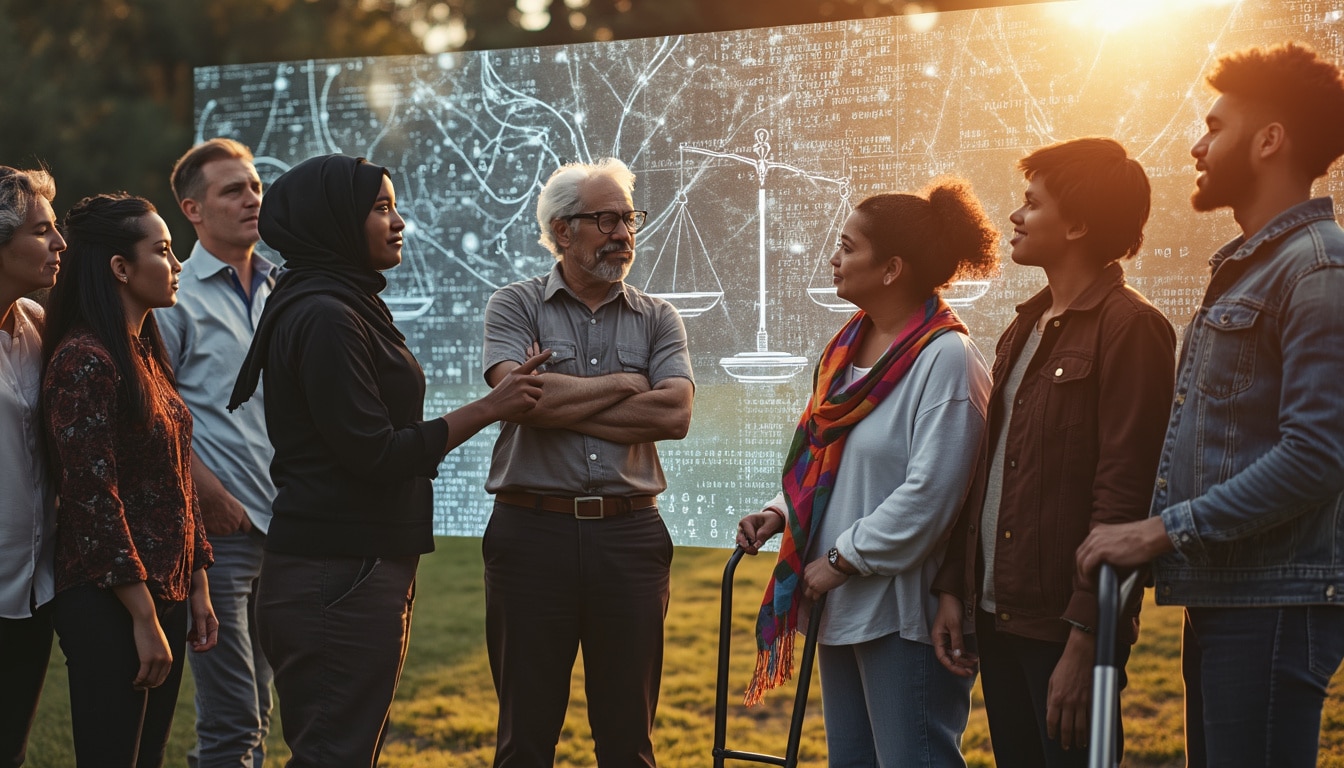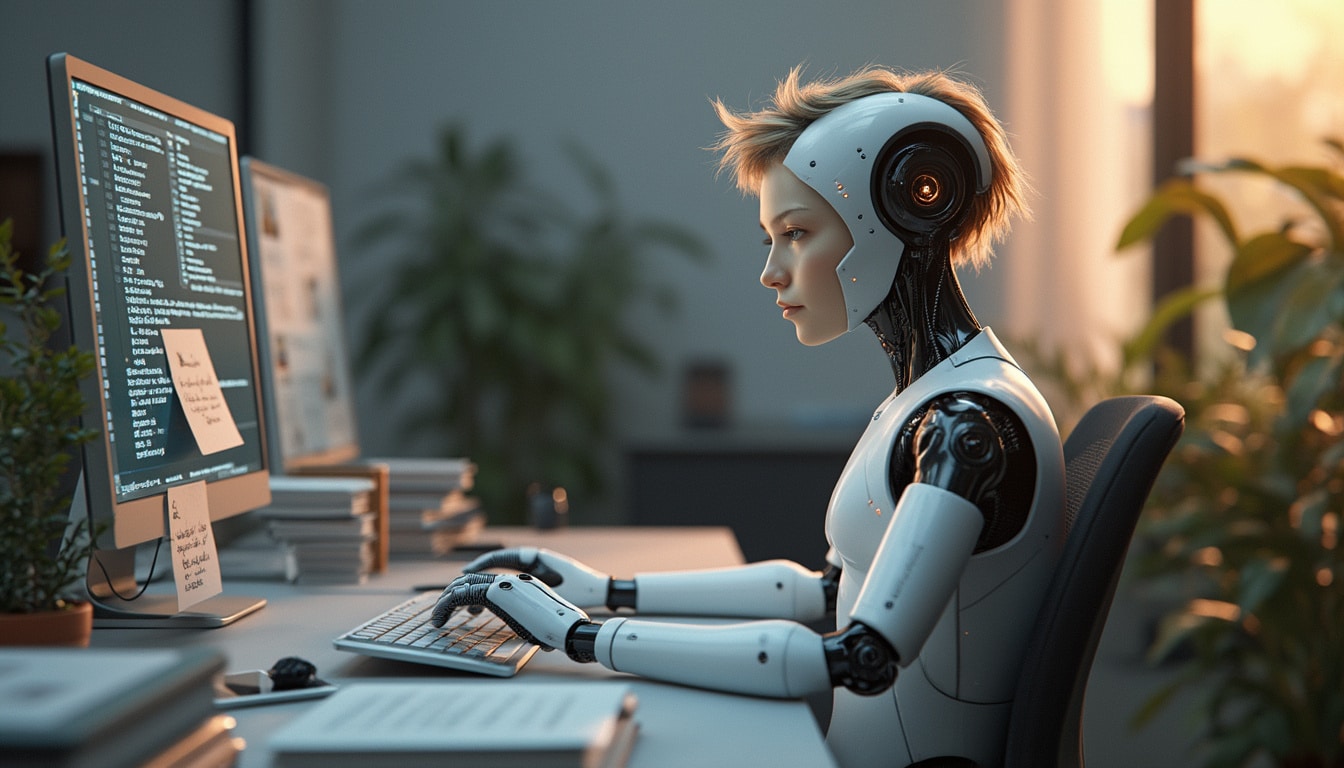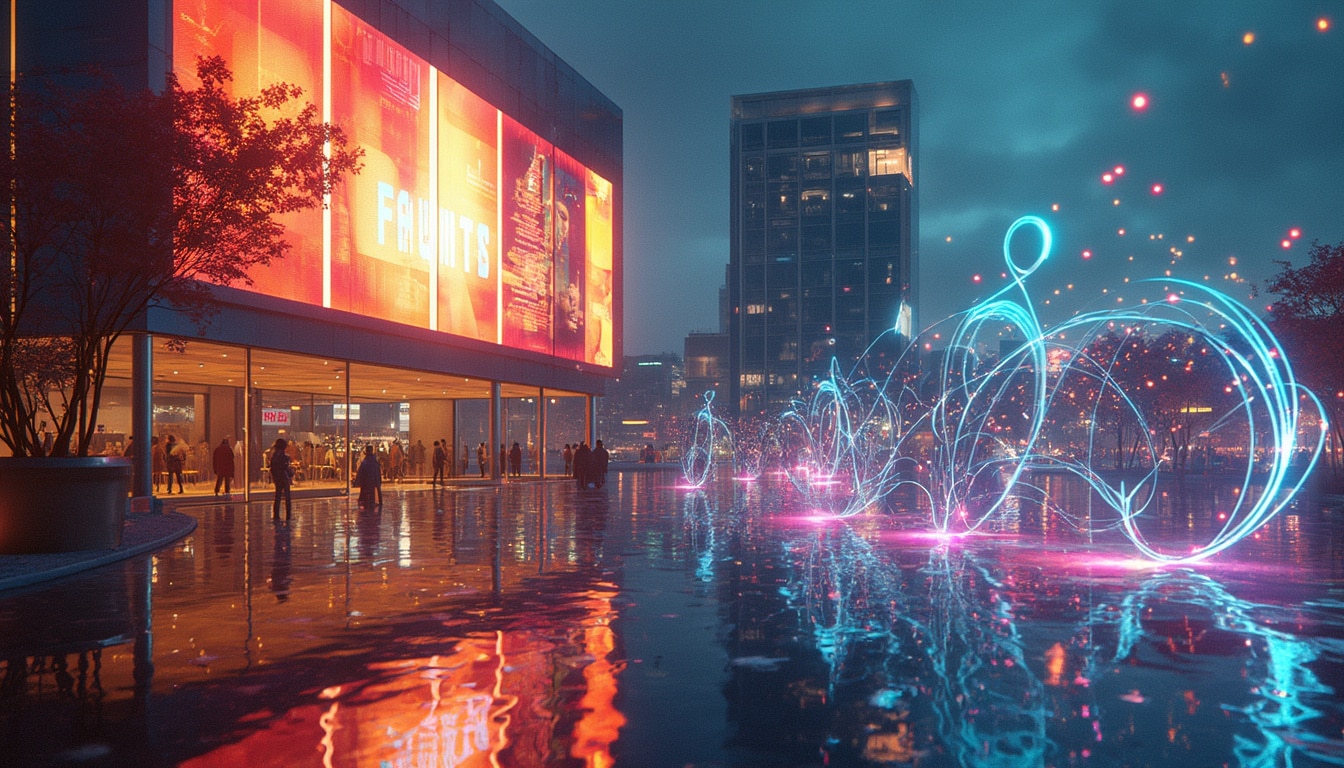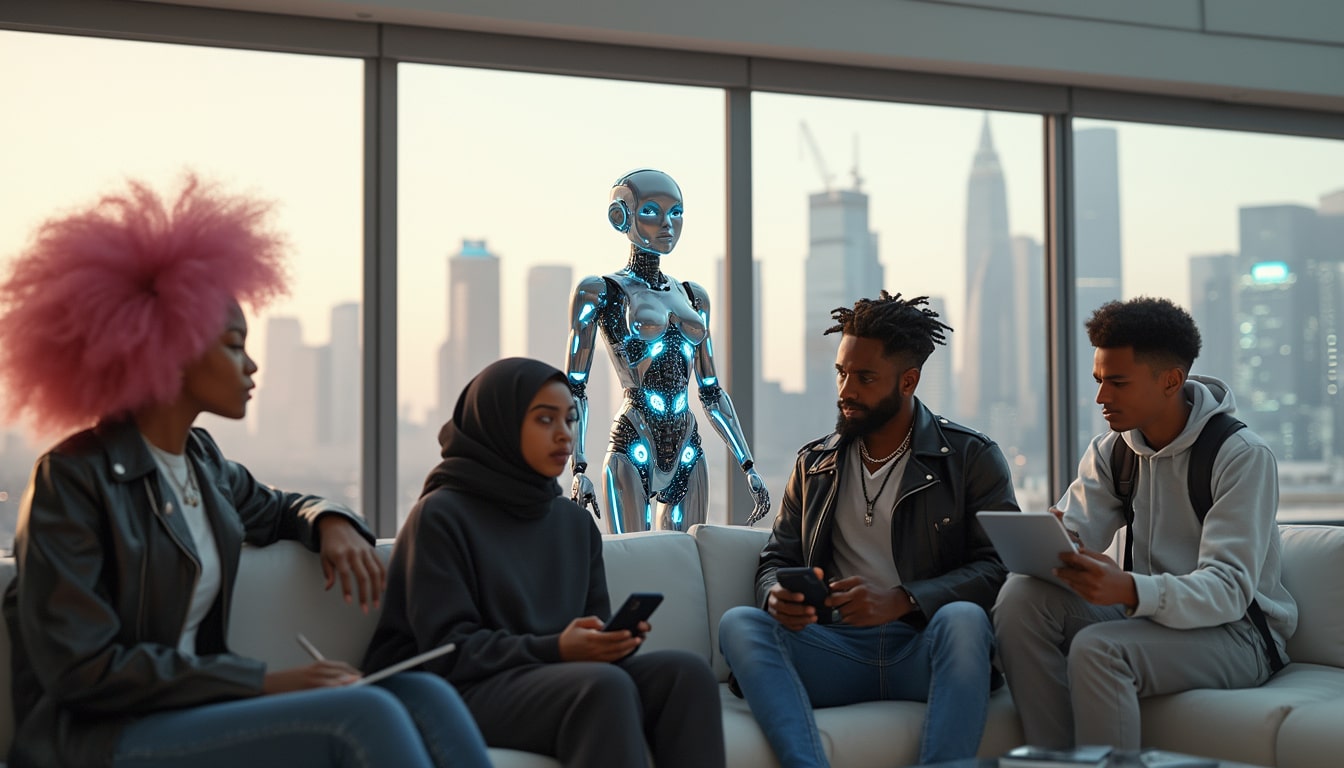The future is here, folks, and it’s brought its flashy artificial intelligence along for the ride, showing up to solve problems, boost efficiency, and, oh, just casually rewriting the rulebook on injustice. As AI systems take on roles from deciding who qualifies for a university spot to determining entitlement to social benefits, they’re also prone to – oops – letting biases slip in. Imagine an AI subtly playing favorites in a game of social justice Jenga, tipping the balance rather than reinforcing it. This isn’t science fiction; it’s a reality we’re grappling with, akin to leaving a cat in charge of the fish bowl. Through a peculiar phenomenon, the impact of perceived unfair AI decisions is quietly influencing our responses to human unfairness, leaving potential societal truths hanging precariously like a slow-motion sneeze. Hold onto your hats, folks; this is going to be an interesting exploration.
Artificial intelligence is rapidly becoming influential in key areas of our lives, from university admissions to social benefits. While it promises efficiency and equity, AI sometimes stumbles into unfair territories, exacerbating social inequalities instead. The risk lies in the biased decisions caused by improperly calibrated systems that favor certain groups while ignoring others. Such unjust decisions do not merely impact individuals immediately but ripple through future social interactions. An intriguing study suggests that people treated unfairly by AI may become indifferent to human misbehavior, making them less likely to address injustices. This ‘AI-induced indifference’ is a concerning phenomenon where AI is viewed as less accountable for its actions, making people less motivated to correct injustices in unrelated contexts.
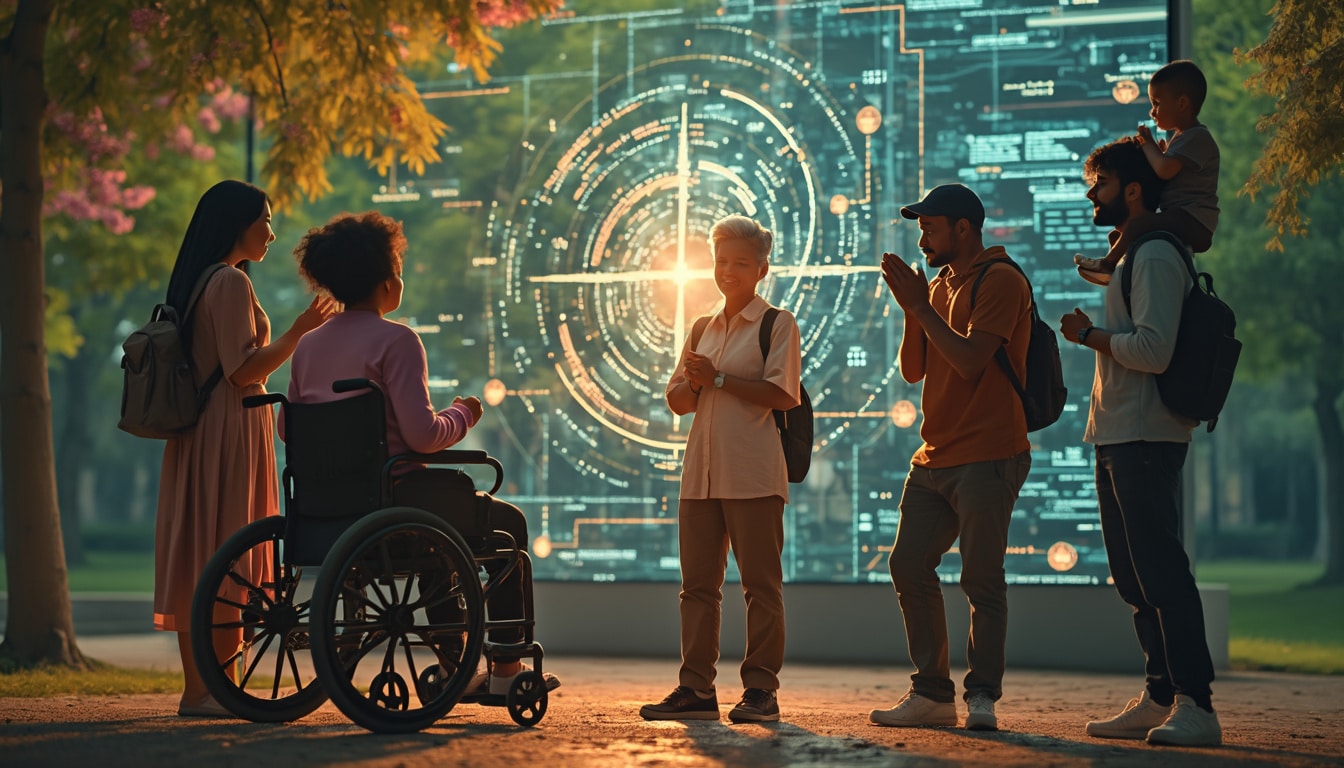
Table of contents
Toggleunderstanding ai biases
The rise of artificial intelligence systems brings a host of implications, not least the potential biases embedded within. These biases can influence areas like hiring, lending, or healthcare, increasing discrimination rather than reducing it. Through flawed algorithms or biased training data, machines may make decisions that are inherently unfair, perpetuating existing social inequalities.
Researchers have highlighted that these decision-making processes can often have discriminatory effects. Biases arise when algorithms are inappropriately trained on data that reflects societal prejudices. This was thoroughly explored in publications from NIST, emphasizing the potential for unlawful discrimination through AI systems.
As AI becomes more intertwined with everyday life, its impact on issues like equality and justice grows. When such systems are left unchecked, and their decision-making processes remain opaque, they can replicate and amplify existing biases, further undermining the social justice fabric.
the impact on social justice
Tales of algorithmic biases are not only frightening; they reflect a deeper societal issue. The opaque nature of these AI systems means that often, the individuals affected are unaware that decisions affecting them stem from biased algorithms. It’s reminiscent of a dark secret, as noted in reports on how competing AI systems unwittingly perpetuate bias.
steps to mitigate ai bias
Strategic steps must be taken to combat these sneaky algorithmic biases effectively. From improving training data to creating transparent systems, developers have crucial roles in rectifying these injustices. A focus on ethics, as discussed in articles from Harvard Gazette, reveals the importance of developing robust policies to understand and mitigate these biases thoroughly.


